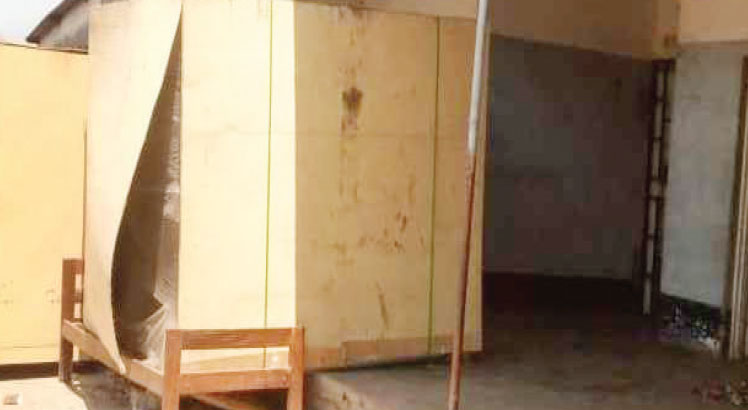The World Bank has faulted Malawi’s fiscal management and economic policies, saying they are weak and have contributed to recurring and large fiscal deficits.
In its update on Malawi’s development challenges, the Bretton Woods institution said such deficits are mostly funded by high-cost domestic borrowing, resulting in a surge in public debt.
Malawi’s public debt stands at K6.38 trillion, which is more than double this year’s budget pegged at K2.8 trillion or 52 percent of the country’s gross domestic product (GDP), the broadest measure of economic performance.
The World Bank says external shocks and economic management choices have compounded the balance of payments crisis, which needs addressing to enable Malawi realise economic and development potential.
Reads the report in part: “Rising domestic financing and borrowing from regional development banks on a non-concessional basis have significantly increased Malawi’s public debt from 32 percent in 2013 to 55 percent of GDP in 2020.
“This is increasingly reducing fiscal space for development spending and risks crowding out private sector investment.”
The report further says that the country’s trade policies and an unpredictable business environment continue to impede investment and commercialisation.
“An acute lack of foreign currency is impeding businesses and is increasingly reflected in the shortage of imported goods, including essential medicines and petroleum products,” reads the report.
Speaking in an interview on Wednesday, economist Gilbert Kachamba said talk about import substitution to enable Malawi start manufacturing some of the things it imports to save foreign exchange have been there for some time.
He said: “We have been talking about addressing supply-side challenges, easing the cost of doing business, making sure that we have reliable electricity so that manufacturers use cheaper sources of energy to produce goods. We are now paying for that.
“Our friends borrow for investment with the hope that such investments will bring in something in return and will be able to pay back the debts.”
Kachamba said Malawi needs strong leadership that can implement tough decisions to resuscitate the economy, in both the short and long-term, observing that the country’s long-term plan Malawi 2063 is good, but requires decisive leadership.
He said: “In the short-term, let us look at what we are importing, some of them can be produced locally like food stuffs or we can use alternatives,” he said.
Lilongwe University of Agriculture and Natural Resources agricultural economist Horace Phiri said government remains the main player on the market, but is also faced with a small revenue base which forces it to borrow hugely to sustain operations.
“We need to get the private sector to come in, create room for production. Revenue base is also small, what this means is that with huge deficits, there is need to borrow, unfortunately for consumption,” he said.
Last week, during a press briefing in Lilongwe, Minister of Finance and Economic Affairs Sosten Gwengwe said government will make tough decisions to restore macroeconomic stability going forward.
The post World bank faults Malawi fiscal policy appeared first on The Nation Online.
 Moni Malawi
Moni Malawi 

